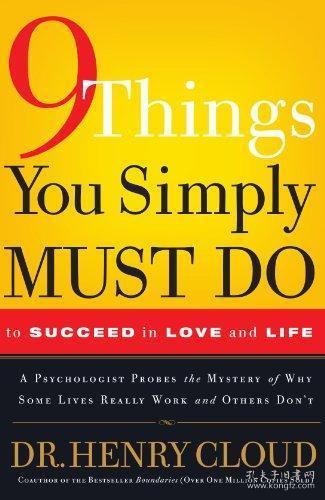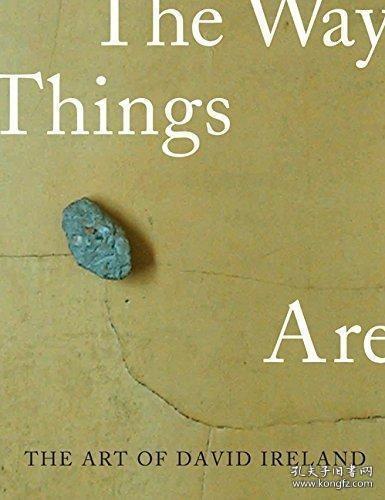本书《Things in English: A Journey Through the Language of Things》带领读者走进英语词汇的奇妙世界,探索语言背后的深层含义和故事。本书通过介绍不同事物相关的英语词汇,让读者了解英语词汇的丰富多样性和实际应用场景。本书适合英语爱好者和对语言文化感兴趣的读者阅读。
In the vast world of English language, ‘things’ hold a pivotal position. They are the fundamental building blocks of our material existence, and in English, they are expressed through a rich variety of words and phrases. From the smallest particles to the largest galaxies, from the commonest objects to the most exotic things, English has a word for everything. In this article, we embark on a journey through the language of things, exploring the vast array of expressions that describe our world of things.
Nouns in English are the names of things, and they are as diverse as they come. From abstract concepts like love, hope, and freedom to physical objects like cars, computers, and mobile phones, nouns are the backbone of the language. Things in English are categorized in various ways, from their shape, function, material, and even their size. For instance, we have words like ‘pen’, ‘pencil’, ‘book’ for objects related to writing, ‘car’, ‘truck’, ‘bicycle’ for modes of transportation, and ‘apple’, ‘orange’, ‘banana’ for fruits.
The beauty of English lies in its ability to describe things with precision and clarity. Adjectives are the modifiers of nouns, providing detailed descriptions about things. For instance, we have adjectives like ‘big’, ‘small’, ‘tall’, ‘short’, ‘beautiful’, ‘ugly’, ‘expensive’, ‘cheap’ that help us describe things more accurately. We can talk about a ‘big house’, a ‘beautiful garden’, or an ‘expensive car’.
Prepositions are small words that help us express the relationship between things and people. They provide context and help us understand how things are positioned or related to each other. For instance, we have prepositions like ‘on’, ‘in’, ‘under’, ‘over’, ‘beside’, etc., which help us describe the position of things. We can say that a book is ‘on the table’, a pen is ‘in the pocket’, or a bird is ‘flying over the river’.
Verbs are action words that describe what things do or what happens to them. They are the lifeblood of English sentences, bringing things to life. Verbs like ‘run’, ‘jump’, ‘swim’, ‘dance’, ‘sing’ describe the actions of living beings, while other verbs like ‘break’, ‘open’, ‘close’, ‘shine’ describe what happens to things. We can say that a car is ‘running’, a door is being ‘opened’, or a star is ‘shining brightly’.
The world of things in English is not limited to physical objects. English also encompasses abstract concepts and ideas through words and phrases. For instance, we have words like ‘hope’, ‘love’, ‘freedom’, ‘justice’, etc., which are not physical things but are integral parts of human existence. These abstract concepts help us understand the world around us and our place in it.
Moreover, English has numerous phrases and expressions related to things that add depth and richness to the language. For instance, we have phrases like ‘as good as gold’ (表示非常优秀或值得信赖), or an expression like ‘out of sight, out of mind’ (眼不见心不烦). These phrases and expressions help us convey our thoughts and feelings more accurately and effectively.
In conclusion, things in English are an integral part of our lives and our language. They are expressed through nouns, adjectives, prepositions, verbs, and various phrases and expressions that add depth and richness to the language. As we explore the vast world of English, we discover that there is a word for everything – from the smallest particles to the largest galaxies, from common objects to exotic things – English has a word for every thing in existence.




 鄂ICP备18002169号
鄂ICP备18002169号